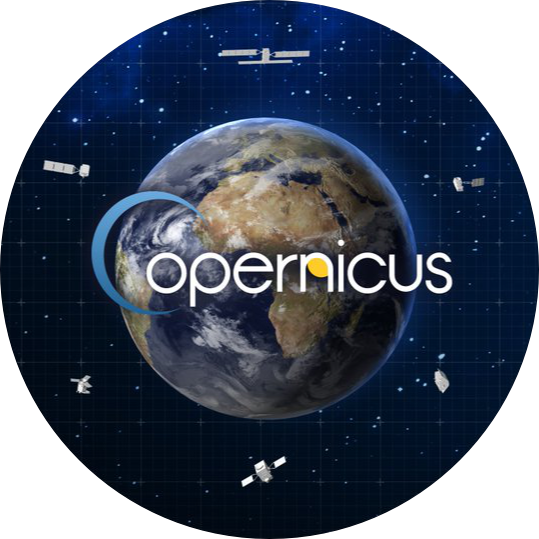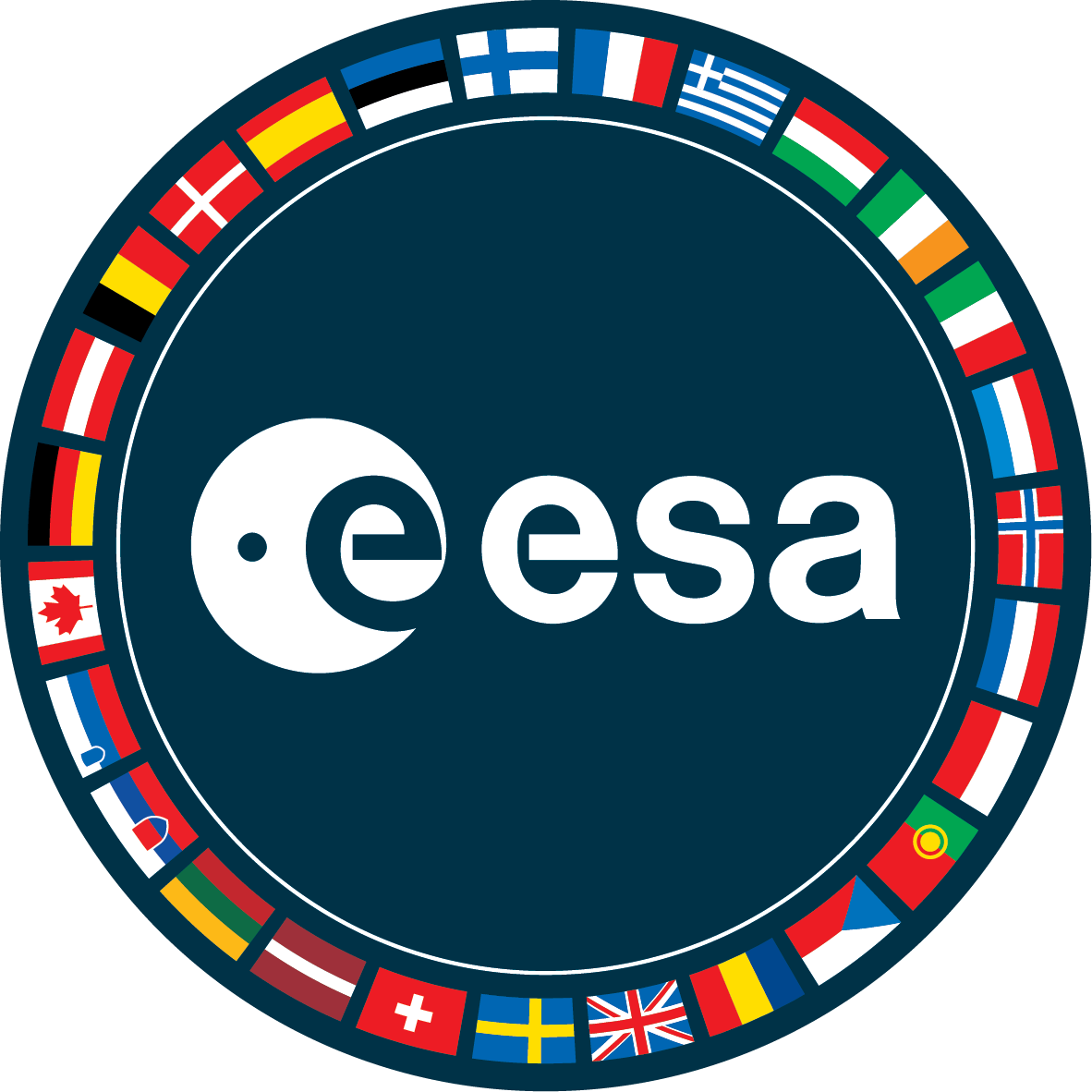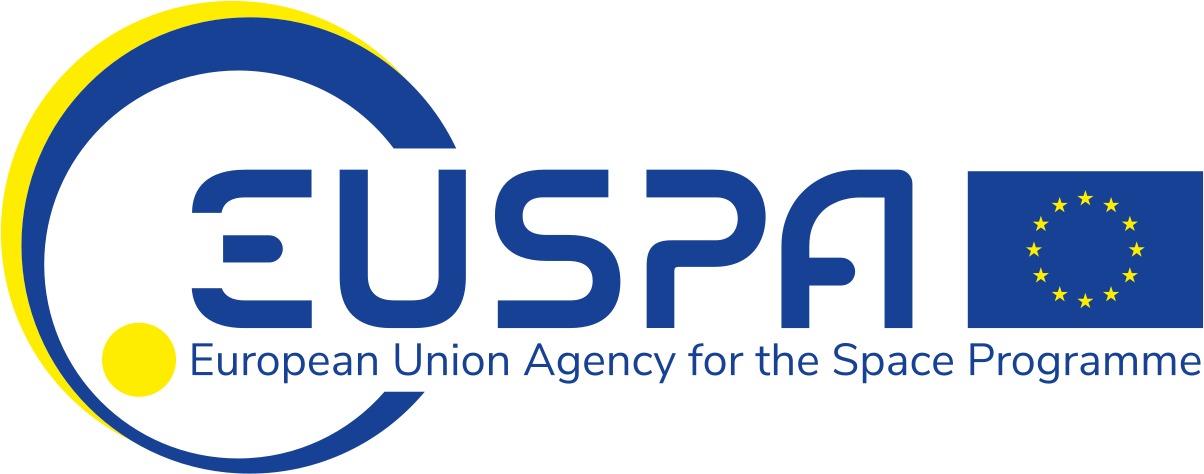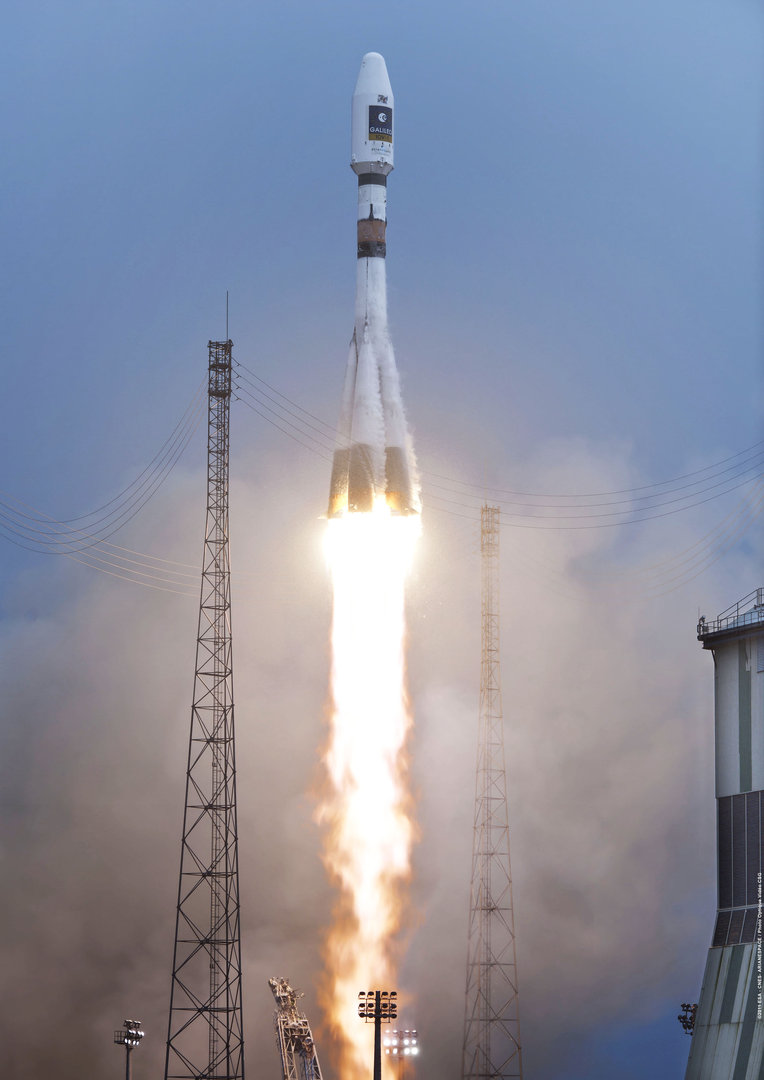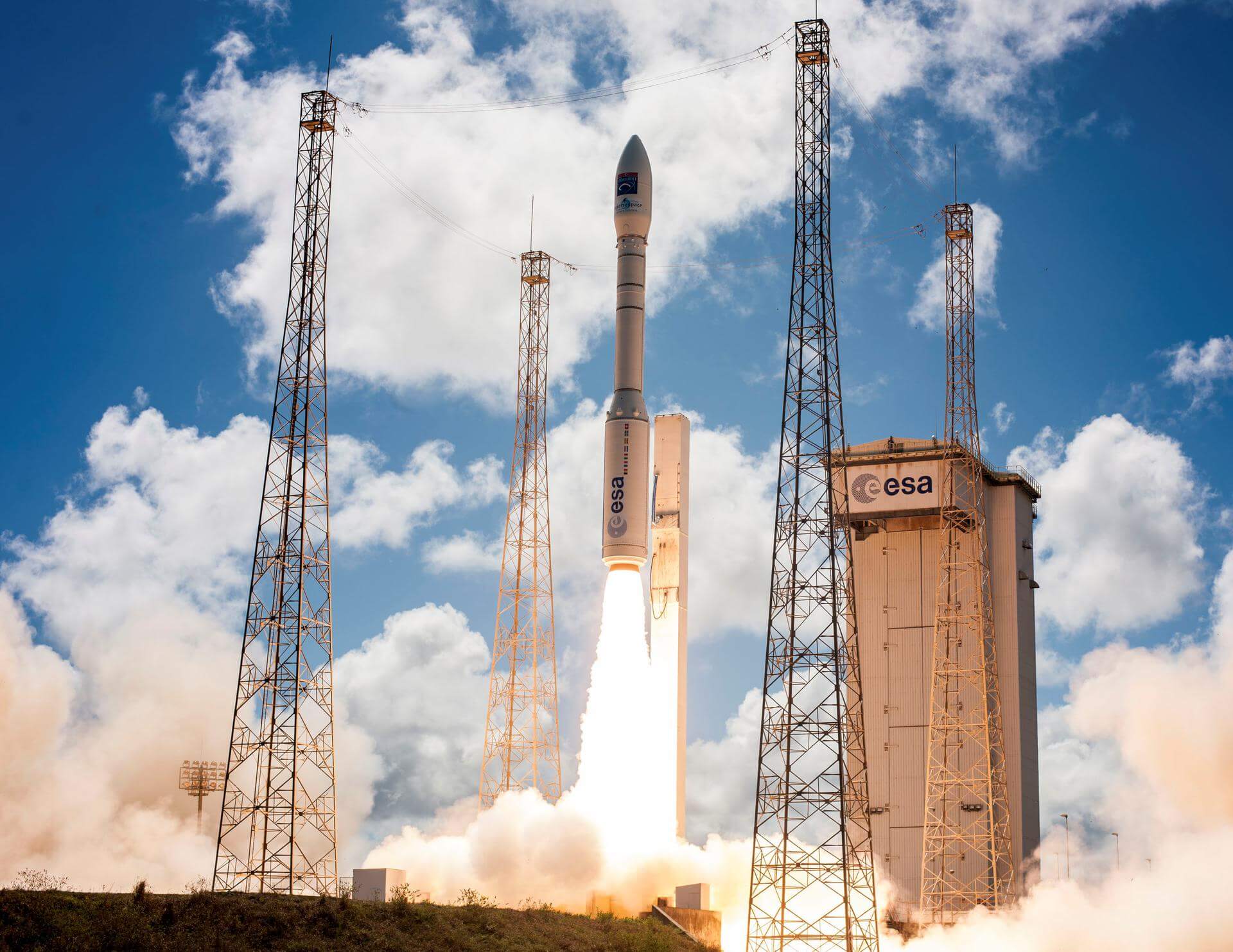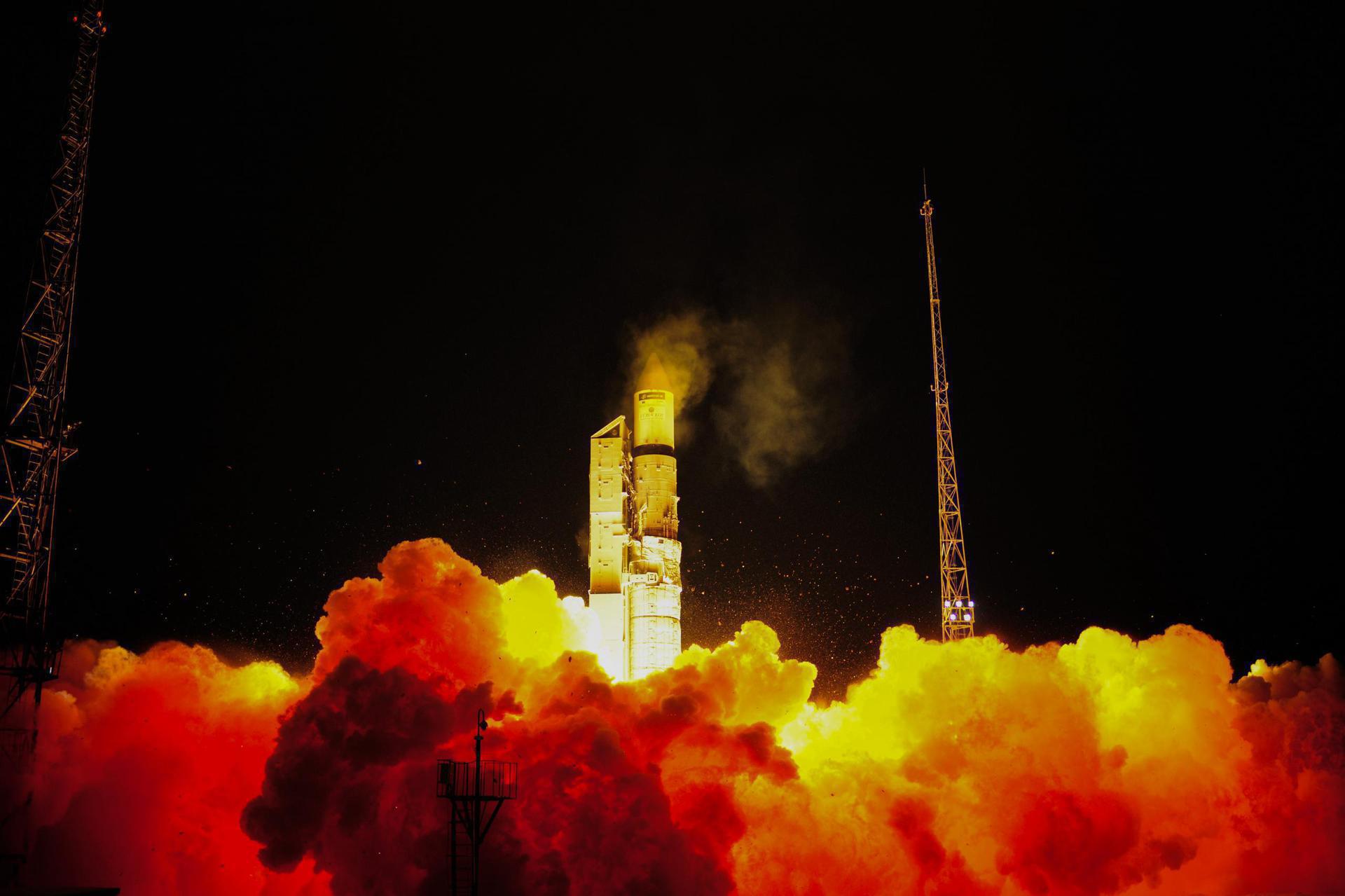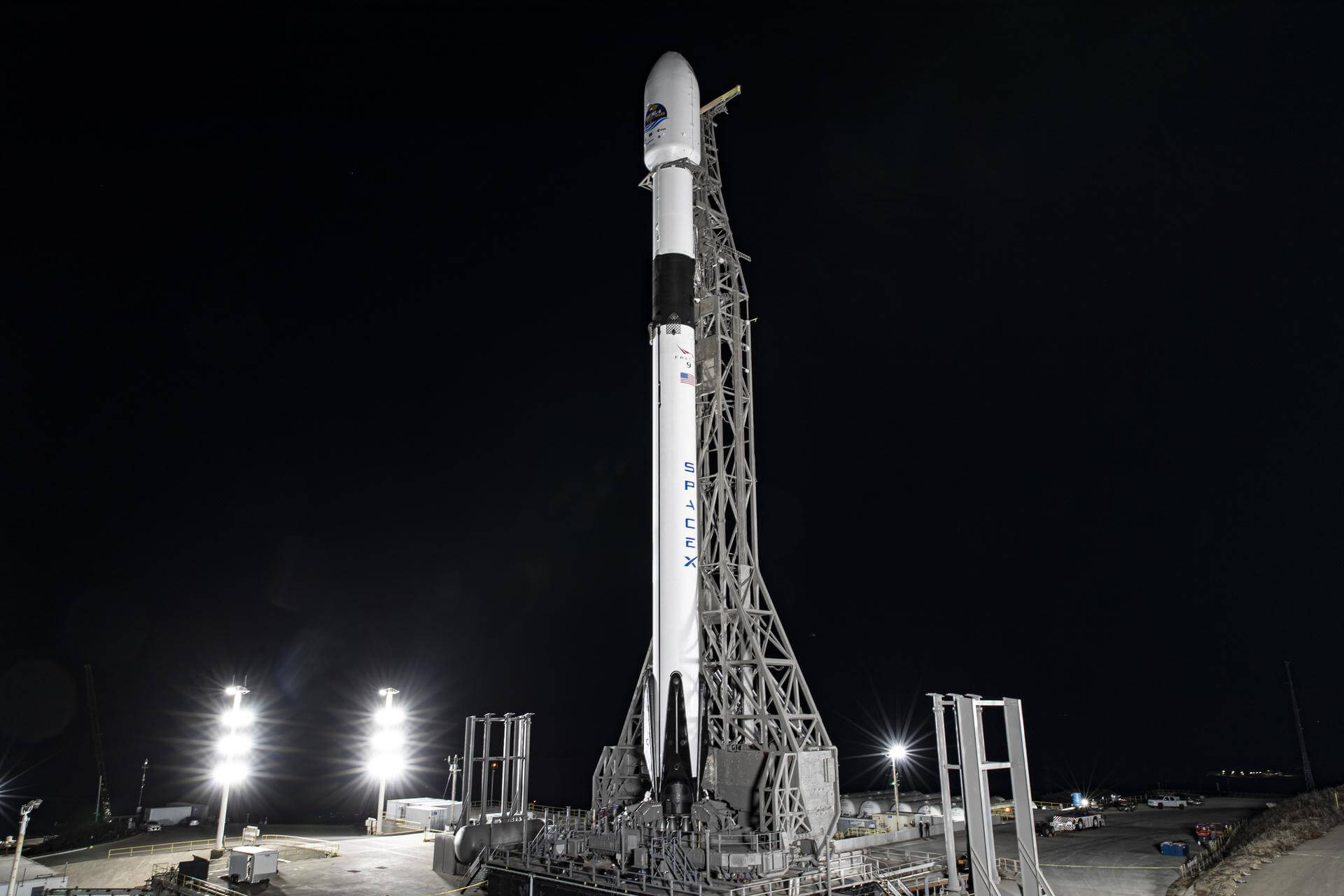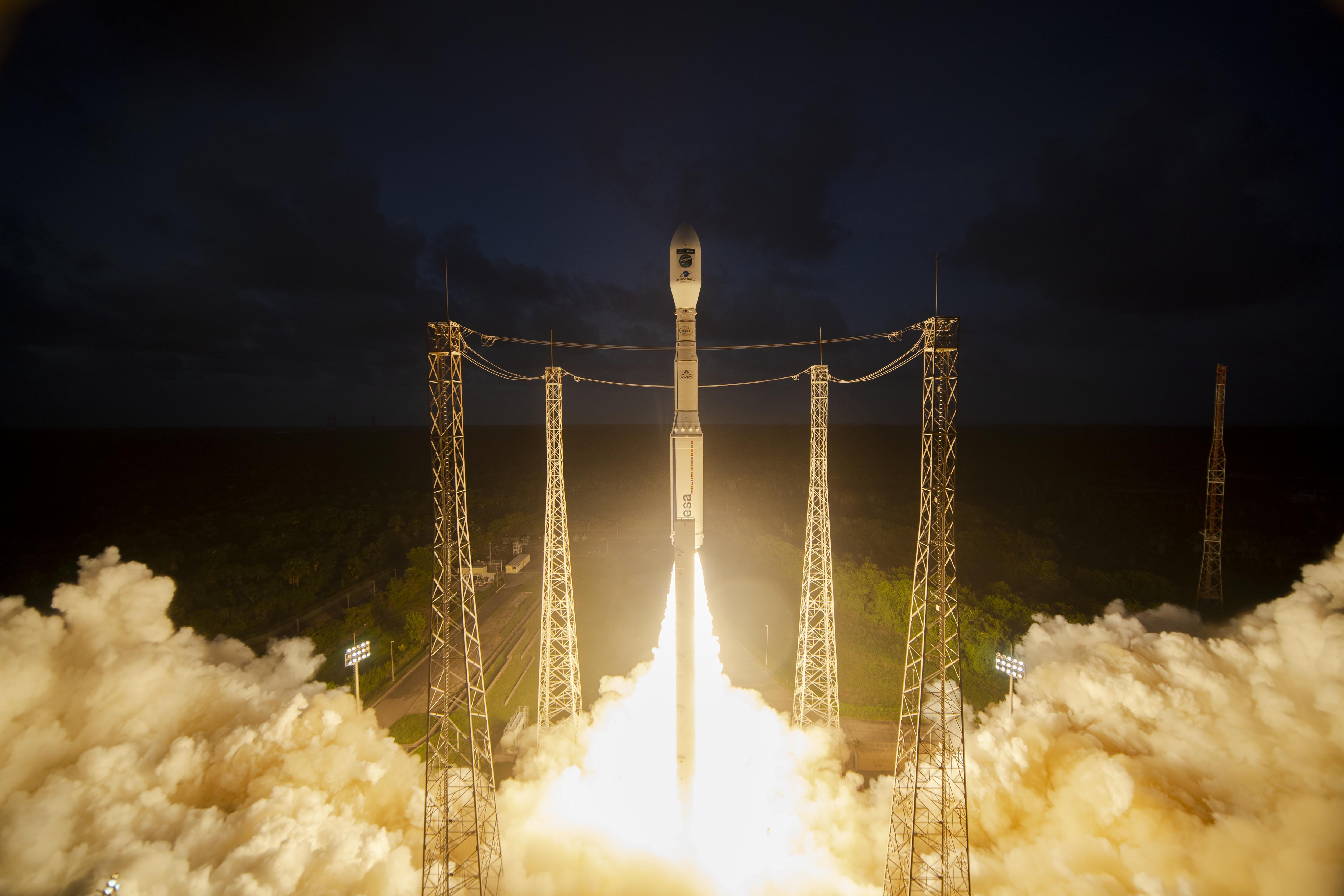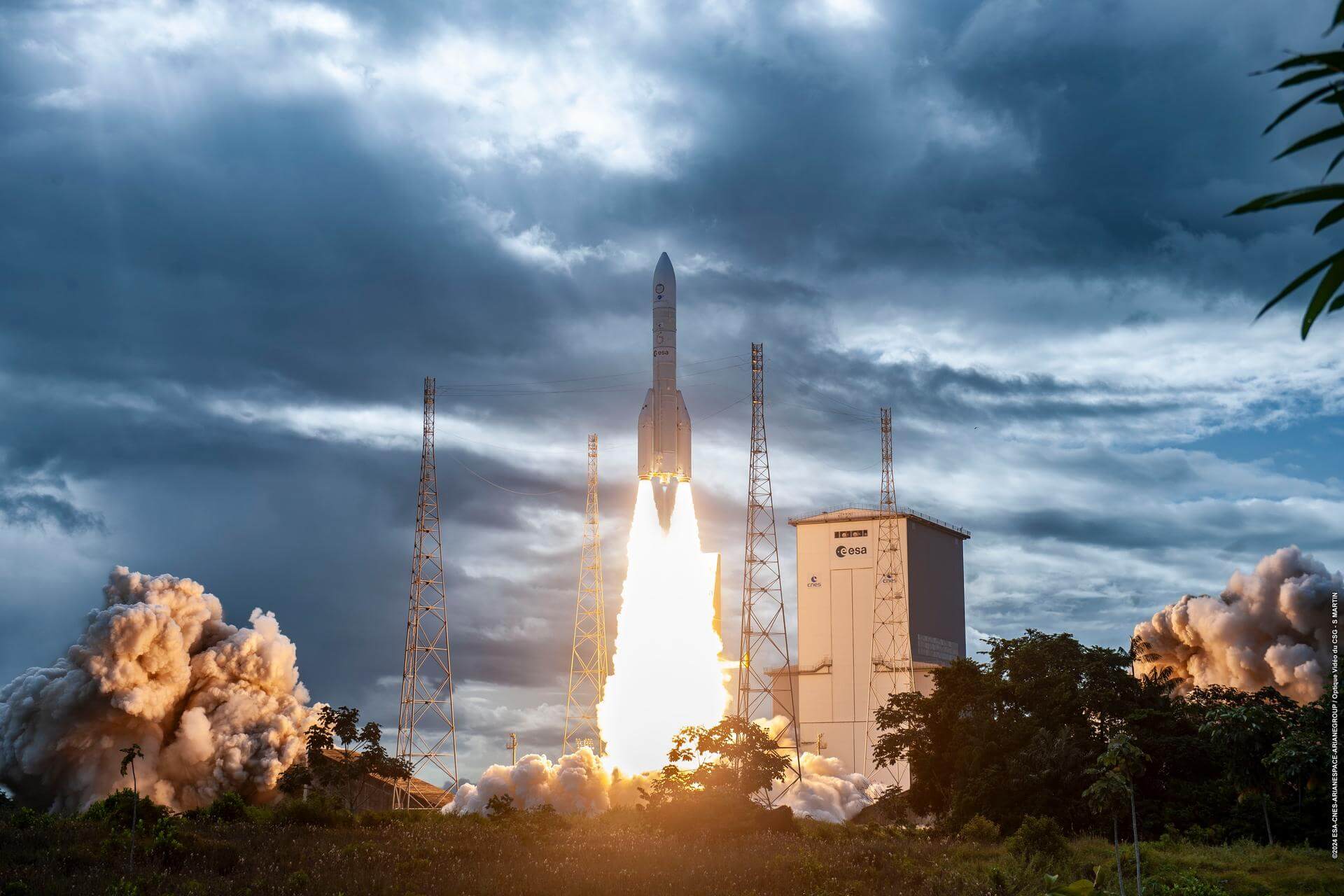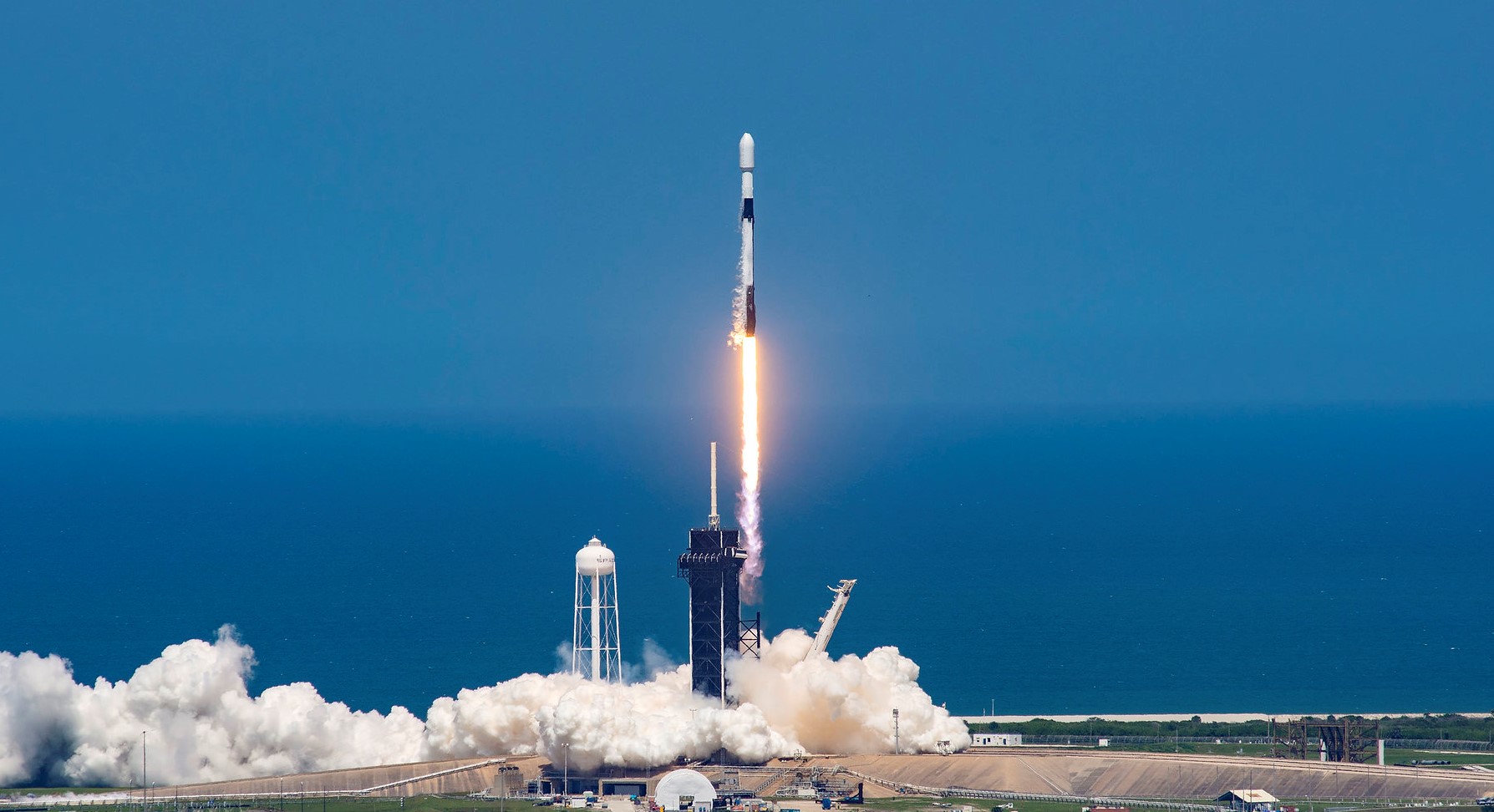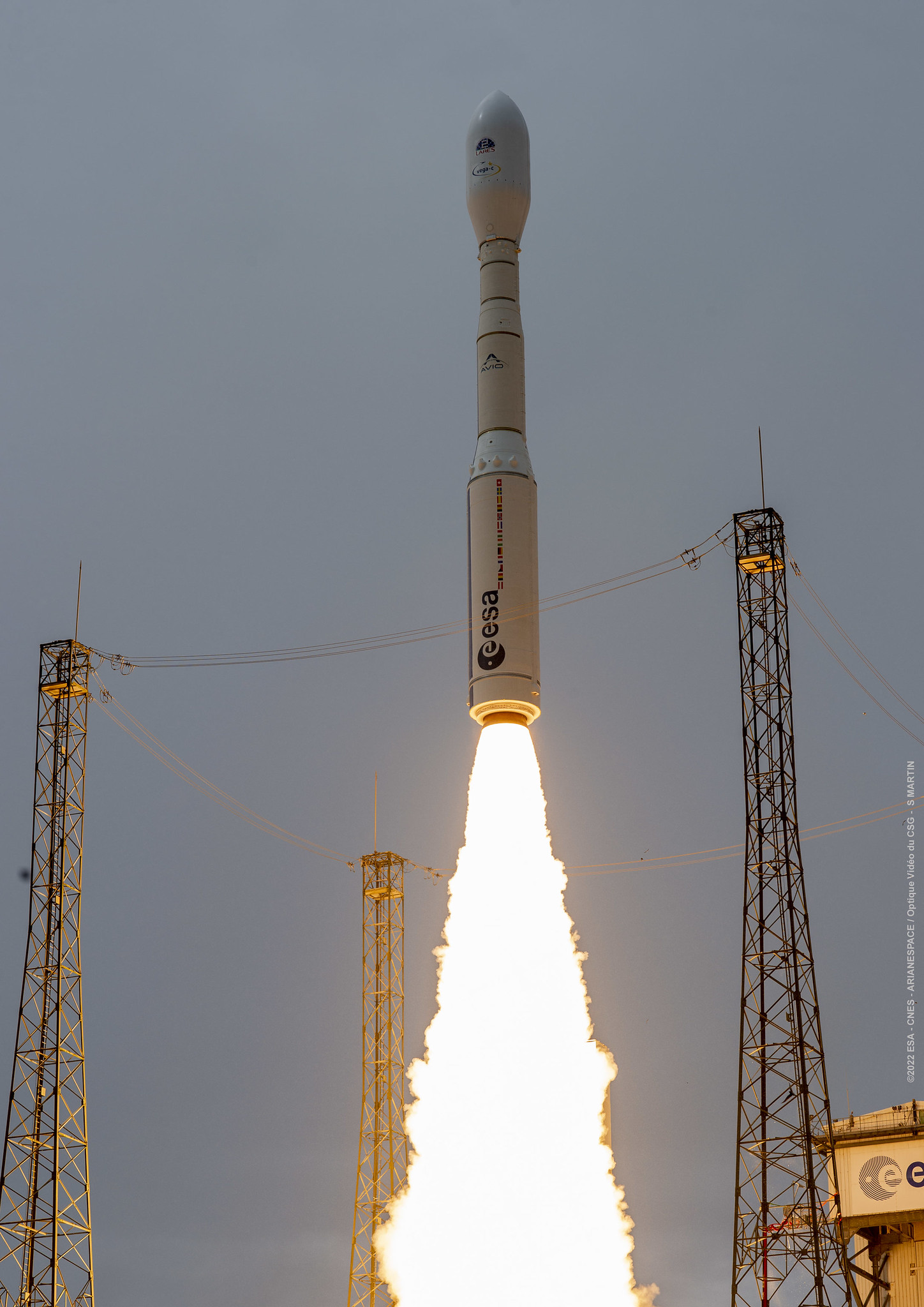Copernicus
Copernicus is the European Union's Earth observation programme coordinated and managed for the European Commission by the European Union Agency for the Space Programme in partnership with the European Space Agency (ESA), the EU Member States. It aims at achieving a global, continuous, autonomous, high quality, wide range Earth observation capacity. Providing accurate, timely and easily accessible information to, among other things, improve the management of the environment, understand and mitigate the effects of climate change, and ensure civil security.
Related Agencies
European Space Agency
The European Space Agency is an intergovernmental organisation of 22 member states. Established in 1975 and headquartered in Paris, France, ESA has a worldwide staff of about 2,000 employees. ESA's space flight programme includes human spaceflight (mainly through participation in the International Space Station program); the launch and operation of unmanned exploration missions to other planets and the Moon; Earth observation, science and telecommunication; designing launch vehicles; and maintaining a major spaceport, the Guiana Space Centre at Kourou, French Guiana.
European Union Agency for the Space Programme
The European Union Agency for the Space Programme (EUSPA) is a space agency, managing the European Union Space Programme as one of the agencies of the European Union (EU). It was initially created as the European Global Navigation Satellite Systems Supervisory Authority (GSA) in 2004, reorganised into the European Global Navigation Satellite Systems Agency (also GSA) in 2010, and established in its current form on May 12, 2021. EUSPA is a separate entity from the European Space Agency (ESA), although the two entities work together closely.
Related Launches
Soyuz STA/Fregat | Sentinel-1A
Arianespace
Guiana Space Centre, French Guiana
Date Loading...
Vega | Sentinel-2A
Arianespace
Guiana Space Centre, French Guiana
Date Loading...
Rokot / Briz-KM | Sentinel-3A
Eurockot Launch Services
Plesetsk Cosmodrome, Russian Federation
Date Loading...
Soyuz STA/Fregat | Sentinel-1B
Arianespace
Guiana Space Centre, French Guiana
Date Loading...
Vega | Sentinel-2B
Arianespace
Guiana Space Centre, French Guiana
Date Loading...
Rokot / Briz-KM | Sentinel-5P
Eurockot Launch Services
Plesetsk Cosmodrome, Russian Federation
Date Loading...
Rokot / Briz-KM | Sentinel-3B
Eurockot Launch Services
Plesetsk Cosmodrome, Russian Federation
Date Loading...
Falcon 9 Block 5 | Sentinel-6 Michael Freilich
SpaceX
Vandenberg SFB, CA, USA
Date Loading...
Vega | Sentinel-2C
Arianespace
Guiana Space Centre, French Guiana
Date Loading...
Vega-C | Sentinel-1C
Arianespace
Guiana Space Centre, French Guiana
Date Loading...
Ariane 62 | Metop-SG A1
Arianespace
Guiana Space Centre, French Guiana
T?
--
Days
:
--
Hours
:
--
Mins
:
--
Secs
Date Loading...
Falcon 9 Block 5 | Sentinel-6B
SpaceX
Vandenberg SFB, CA, USA
T?
--
Days
:
--
Hours
:
--
Mins
:
--
Secs
Date Loading...
Ariane 62 | Sentinel-1D
Arianespace
Guiana Space Centre, French Guiana
T?
--
Days
:
--
Hours
:
--
Mins
:
--
Secs
Date Loading...
Vega-C | Sentinel CO2M-A
Arianespace
Guiana Space Centre, French Guiana
T?
--
Days
:
--
Hours
:
--
Mins
:
--
Secs
Date Loading...
Vega-C | Sentinel-3C
Arianespace
Guiana Space Centre, French Guiana
T?
--
Days
:
--
Hours
:
--
Mins
:
--
Secs
Date Loading...
Vega-C | Sentinel CO2M-B
Arianespace
Guiana Space Centre, French Guiana
T?
--
Days
:
--
Hours
:
--
Mins
:
--
Secs
Date Loading...
Vega-C | Sentinel-3D
Arianespace
Guiana Space Centre, French Guiana
T?
--
Days
:
--
Hours
:
--
Mins
:
--
Secs
Date Loading...
Ariane 62 | Metop-SG A2
Arianespace
Guiana Space Centre, French Guiana
T?
--
Days
:
--
Hours
:
--
Mins
:
--
Secs
Date Loading...
Ariane 62 | Metop-SG A3
Arianespace
Guiana Space Centre, French Guiana
T?
--
Days
:
--
Hours
:
--
Mins
:
--
Secs
Date Loading...
Related Events
Sentinel-1C Pre-Launch Media Briefing
T?
Pre-launch media briefing for the Sentinel-1C mission which will be launched aboard a Vega-C rocket in early December from Europe’s Spaceport in Kourou, French Guiana.
